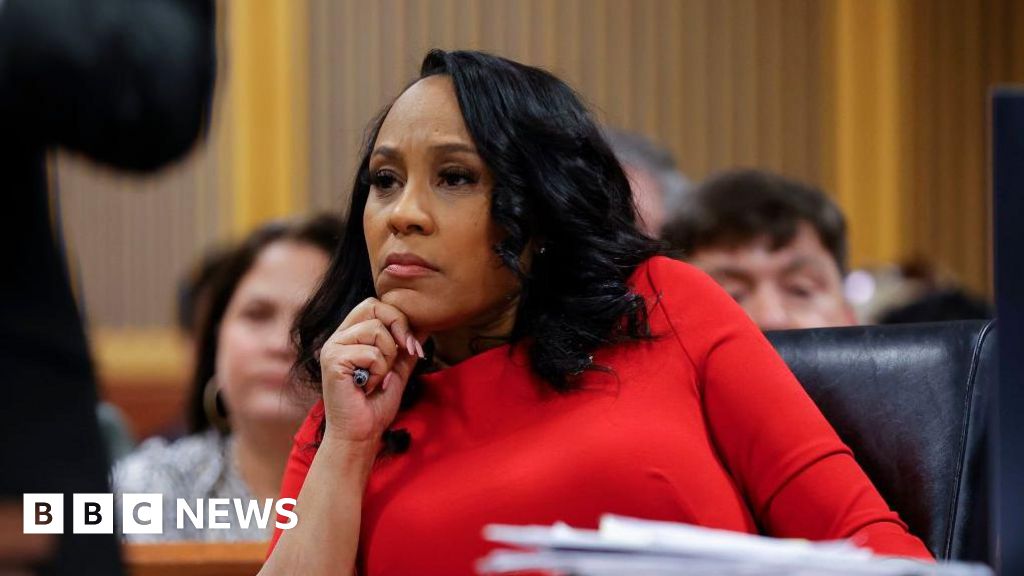Al Jazeera Net correspondents
revealed Humanitarian truces succession in the Gaza Strip and operation Prisoner exchange Civilian women and children between the “Hamas” and “Islamic Jihad” movements on the one hand, and “Israel” on the other hand, about the extent of the resistance's control over the field, contrary to what the occupation army claimed, and about the existing coordination between their military wings, as the recent exchange process constituted A model for him, says Muhammad al-Hindi, Deputy Secretary-General of the movement Islamic jihad.
Al-Hindi confirmed in an exclusive interview with Al-Jazeera Net that Islamic Jihad played an important role behind Hamas in imposing truces and completing prisoner exchanges, after agreeing to the titles and details, and contributed to its success 48 days after the Israeli aggression against Gaza and its people, committing massacres, destroying homes, and demolishing mosques and churches. Targeting schools, hospitals, etc.
Al-Hindi stressed that the movement's position is essentially a permanent ceasefire, but it accepted a humanitarian truce and the exchange of women and children as a path that may lead to the creation of new dynamics for other deals and calms, which may lead to a ceasefire.
At the same time, the Islamic Jihad leader believes that Israel's resumption of its military aggression today will not lead to achieving its goals. Rather, there is an American fear of the inability to contain regional tensions if they continue and more massacres are committed.
Balance of profit and loss
Al-Hindi stressed, in his speech to Al-Jazeera Net, that the Israeli enemy was forced to accept the truce that lasted 7 days due to its failure to achieve one of its most important goals, which is to recover the detainees by force. He says, “The enemy used excessive force, but at the same time it could not bear the losses among its officers and soldiers when they made a ground incursion into the neighborhoods of Gaza City and the northern Gaza Strip, so it agreed to a truce under duress.”
In the balance of profit and loss, the resistance considers that it not only forced the truce on Israel for 4 days, but also extended it to 7 days, and Al-Hindi believes that “the enemy was forced to accept the extension of the temporary truce after the dissipation of the internal Zionist consensus and the emergence of large protests demanding the return of detainees from Tel “Aviv to Jerusalem. After the decline in American-Western support, we witnessed a clear shift in public opinion in the West, and huge marches were organized denouncing the enemy's crimes against civilians in the Gaza Strip.”
The Deputy Secretary-General of the Islamic Jihad movement expected that despite the resumption of the aggression against Gaza today, Friday, a new pressuring atmosphere may arise to resume the search for new truces, but according to different rules related to dividing the remaining prisoners into different categories, for example men, the elderly, those who are out of service, and female soldiers. In the Army Reserve, officers and other such classifications.
American objection
Al-Hindi acknowledges the existence of a movement opposed to the truce, represented by Benjamin Netanyahu, who has so far refused to acknowledge his responsibility for the failure on October 7, along with his Minister of Defense, Yoav Galant, who decided to resume the aggression on Gaza, but they are restricted by the American objection to committing massacres against hospitals, schools, and places of refuge in the city. Southern Gaza Strip.
He believes that “the differences between the American administration and Netanyahu's war council cannot be hidden. There is an American fear of the inability to contain regional tensions if massacres continue.”
Regarding the positives of the humanitarian truce, despite its limitations, Al-Hindi says, “Despite the enemy’s repeated violations of the conditions for the exchange of civilian women and children, the humanitarian truce process was beneficial to the Palestinian people, especially since the enemy committed many crimes. People inspected their homes, hospitals tried to restore their conditions, and the martyrs were buried.” The aid, despite its scarcity and infrequency, helped strengthen the steadfastness of the Palestinian people, which is the basis of any achievement for us.”
Coordination between the Qassam and the brigades
The Deputy Secretary-General of the Islamic Jihad Movement expected that “the next stage of the military exchange process will be a complex issue and will take a long time. It will take place in all cases after the ceasefire,” expressing his belief that “it will take a long period because it will be on the basis of emptying the Zionist prisons of all detainees.” “Palestinians.”
Al-Hindi denounced the resumption of the Israeli aggression against Gaza again after successive humanitarian truces, stressing that “the scene today appears different with this resumption, and it does not appear on the horizon – especially after the enemy revealed its losses – that it is capable of achieving its goals by force, while the resistance is ready, strong and willing.” To deter him, cause more losses among his ranks, and thwart his goals.”
Al-Hindi concluded by saying, “The message conveyed by the coordination between the Al-Qassam Brigades and the Al-Quds Brigades in one of the exchange operations is that the Al-Qassam Brigades and the Brigades are in the field coordinating and working together, and this joint work in the exchange reflects this coordination and deep cooperation in the field.”





